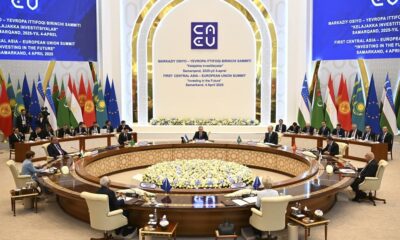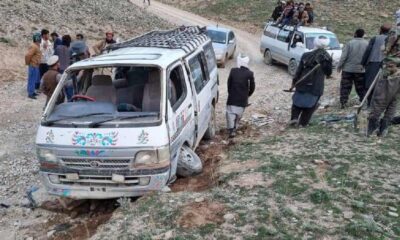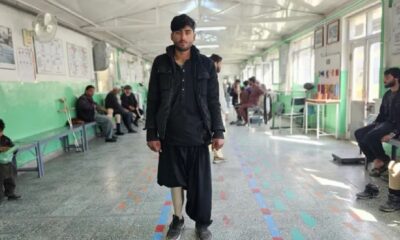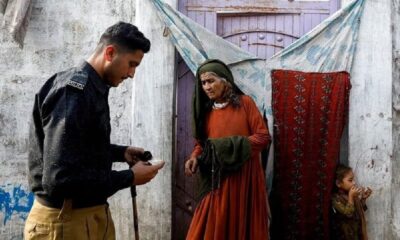Latest News
Key points outlined in Washington’s plan for transitional govt
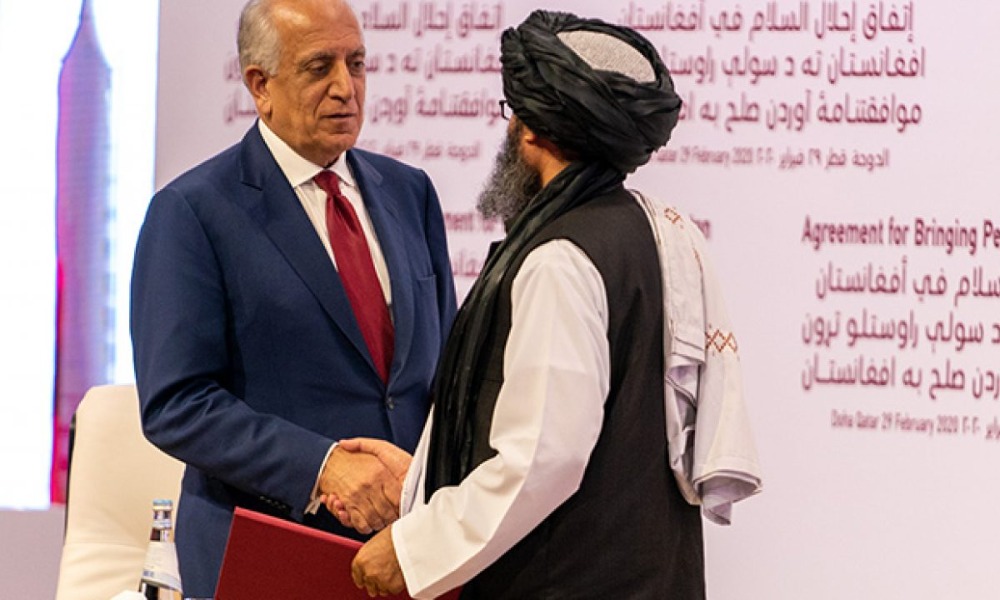
US Special Representative for Afghanistan Reconciliation Zalmay Khalilzad has handed over Washington’s plan for the formation of a transitional government in Afghanistan, the Taliban confirmed.
In an interview with Ariana News, Taliban spokesman Mohammad Naeem said the plan was being considered by the Taliban’s leadership in Doha and that “a final decision has yet to be made in this regard.”
Naeem stated that the plan includes a transitional government, an Ankara, Turkey summit, and a ceasefire.
He added that the Taliban has not yet taken a clear position in this regard.
Meanwhile, the Afghan government has also received US President Joe Biden’s proposed plan for the formation of a participatory government which includes the Taliban and the convening of an international summit.
Nader Naderi, a member of the government’s peace delegation said Sunday the plan needs serious and careful consideration.
“We have received many plans from different countries, but these plans need to be seriously and comprehensively reviewed in order to meet the interests of the people,” Naderi stated.
The plan consists of three key points; a principled guideline for the future of Afghanistan, a transitional government, and a permanent ceasefire.
According to a section of the plan that Ariana News read, a President of Afghanistan would be elected at the end of the transitional government period.
According to the plan, Islam will be considered the official religion of the country, and all Afghan citizens are granted immunity as “Afghanistan is a common home of all ethnicities and religions.”
The Transitional government will consist of the following three main cornerstones:
- The executive administration, including a president, deputies, ministers, and independent directorates
- Legislature, which includes the Senate and Parliament, in which the Taliban will be represented and;
- The judiciary, which would also include the Independent High Council of Islamic Jurisprudence and the Commission for Drafting a New Constitution.
According to the plan, the High Council of Islamic Jurisprudence will be composed of 15 members including seven Taliban members, seven members of the Afghan government, and a person would be chosen by the president of the government.
The council would be tasked to prepare Islamic guidance for social and cultural affairs.
Meanwhile, the Afghan NSA Hamdullah Mohib stated that the plan is not the US government’s official scheme for Afghanistan.
The plan that the Americans have handed over to everyone; we have been told that it is not the US government’s official plan, said Mohib adding that the government is reviewing it.
Addressing a press conference in Kabul Mohib stated that the plan is aimed at sharing power to resolve the current security issues.
Latest News
EU-Central Asia summit calls for inclusive government in Afghanistan
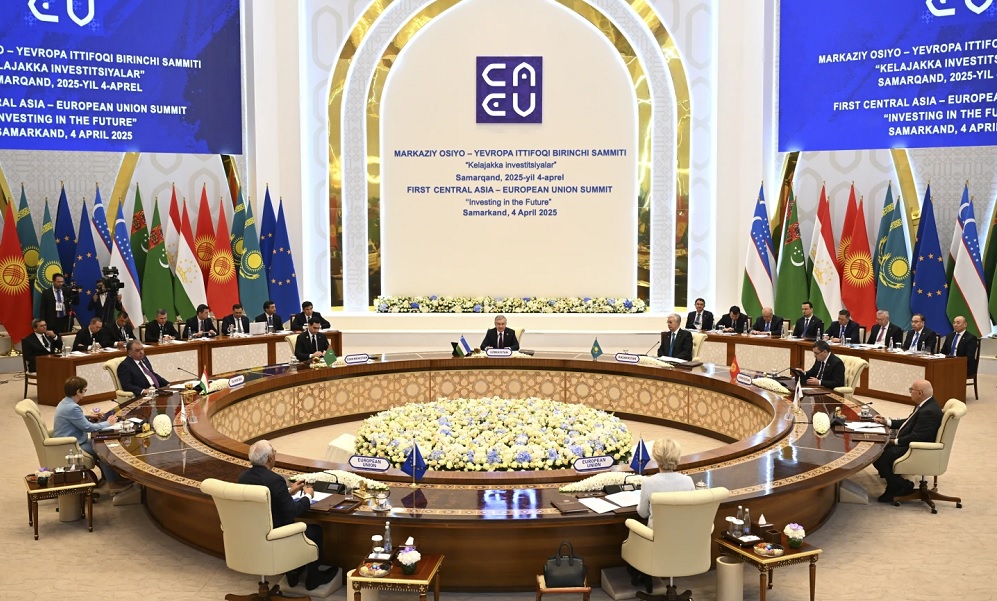
The leaders of the European Union and five Central Asian states called for an inclusive government in Afghanistan that respects human rights and fundamental freedoms in a summit in Samarkand city of Uzbekistan on Friday.
“We emphasised our strong commitment to see Afghanistan develop into a secure, stable and prosperous State with inclusive government and governance systems that respects the human rights and fundamental freedoms of all its citizens, including women, girls, persons belonging to ethnic and religious groups and minorities, is at peace with itself and its neighbours, and that respects its international obligations,” the summit’s declaration reads.
They also expressed concern over the humanitarian situation in Afghanistan and recognized the need to continue supporting the people of Afghanistan.
The summit also called for “full and equal access to education conforming to international standards and participation in public life of women and girls in Afghanistan.”
The Islamic Emirate of Afghanistan (IEA) has repeatedly claimed that the current government in Afghanistan is inclusive and that human rights are respected.
Samarkand meeting marked first EU-Central Asia summit.
The leaders of the European Union and five Central Asian countries including Kazakhstan, Tajikistan, Turkmenistan, Uzbekistan held their first summit on Friday to discuss ways to boost trade and other ties.
Addressing the summit, Uzbek President Shavkat Mirziyoyev expressed regret that the global community underestimates challenges emerging from Afghanistan.
“We believe it is important to actively engage the Afghan side in regional economic processes, also through implementation of investment and infrastructure projects, restoring the social sector.” Mirziyoyev said. “We hope for understanding and support in facilitating the international community’s constructive dialogue with the Afghan authorities to meet the current commitments.”
Latest News
Thirty, killed, 155 injured in traffic accidents in Afghanistan during Eid
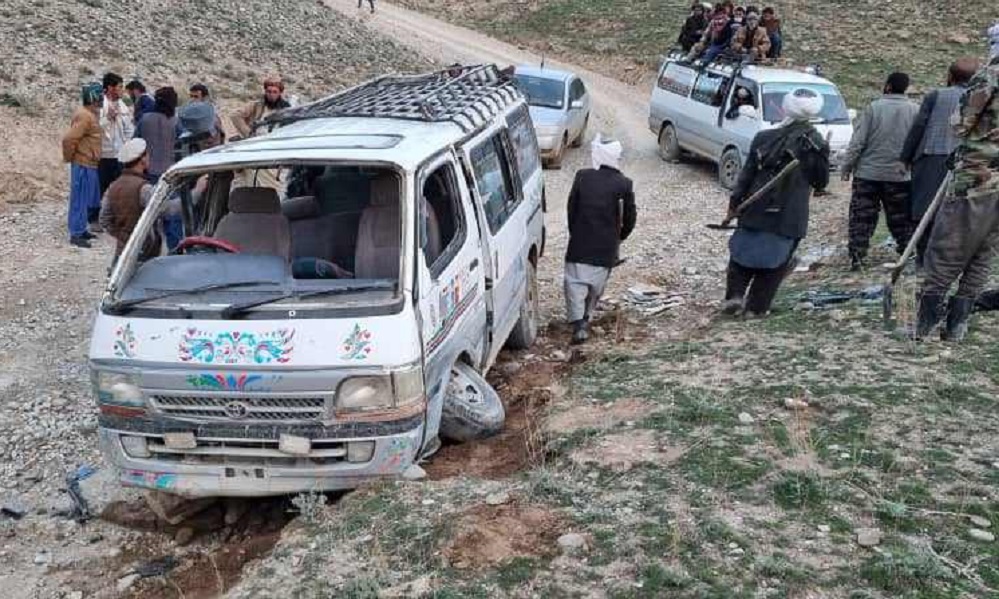
As many as 80 traffic accidents occurred across Afghanistan on the last day of Ramadan and the three days of Eid-ul-Fitr, resulting in 30 deaths and 155 injuries, the General Directorate of Traffic of the Ministry of Interior Affairs has announced.
It said in a statement that the number of traffic accidents during Eid this year has decreased compared to last year, as there were 98 accidents during Eid last year, leaving 50 dead and 185 injured.
The statement said that the fatalities in traffic accidents during Eid this year include 19 men, 2 women and 9 children.
The injured include 117 men, 8 women and 30 children.
Latest News
More international support desperately needed for Afghanistan mine action: UNAMA
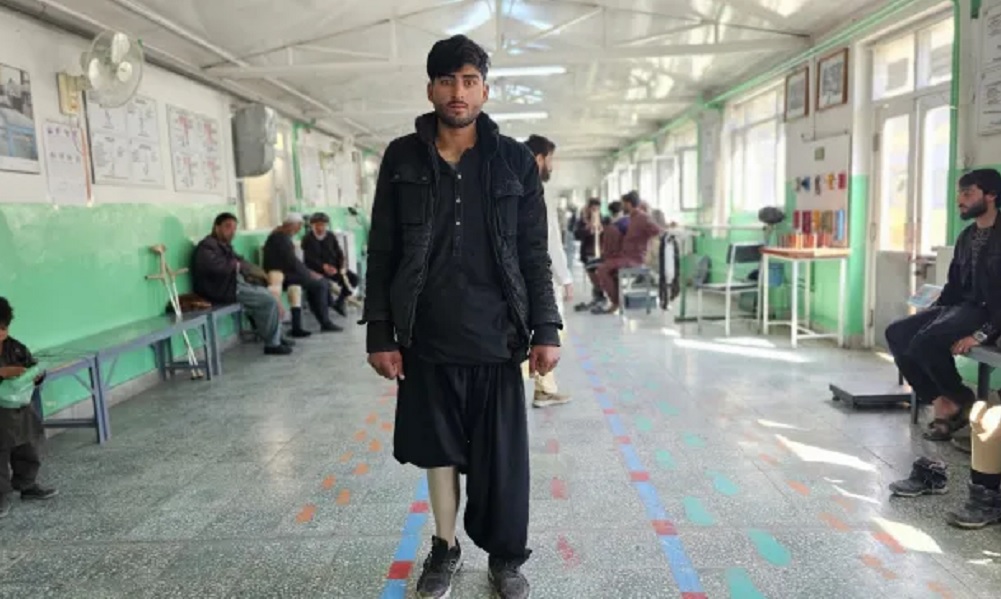
More international support is desperately needed for mine action in Afghanistan, which is one of one of the countries on earth that is most impacted by the explosive remnants of war, the United Nations mission in Afghanistan, UNAMA, said on Friday.
Marking the International Day for Mine Awareness and Assistance in Mine Action, UNAMA said on X that over decades of conflict, tens of thousands of ordinary Afghans have lost their lives or limbs because of landmines and unexploded ordnance, adding that most of the victims today are children.
“Mine clearance work is painstaking, dangerous, and costly. Education to prevent accidents, and rehabilitation for those left with disabilities is also essential,” UNAMA said.
UNAMA called for more international support to Afghanistan, saying it “saves lives, and serves as an investment in a safer, more stable, and prosperous future for Afghanistan.”
In 2024, the International Committee of the Red Cross (ICRC) recorded that there were 434 children among those injured or killed in 251 incidents linked to diverse forms of explosive ordnance. This accounts for over 76 percent of the total number of recorded casualties.
-

 World5 days ago
World5 days agoMyanmar quake death toll hits 1,700 as aid scramble intensifies
-
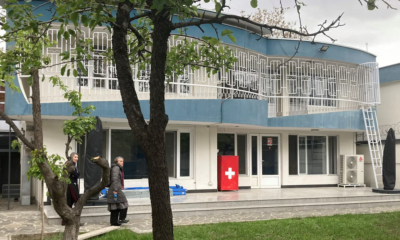
 Latest News4 days ago
Latest News4 days agoSwitzerland re-establishes presence in Kabul with humanitarian office
-
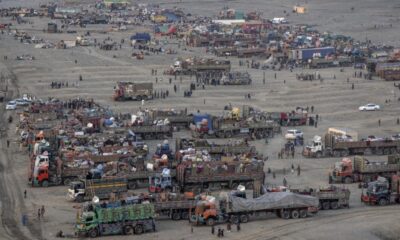
 Latest News4 days ago
Latest News4 days agoPakistan plans to expel 3 million Afghan refugees this year
-

 World4 days ago
World4 days agoSouth Korea, China, Japan seek regional trade amid Trump tariffs
-
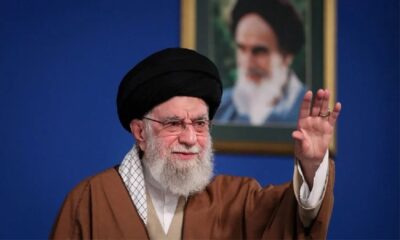
 Regional4 days ago
Regional4 days agoIran’s Khamenei warns of ‘strong’ response if US attacks
-

 Latest News3 days ago
Latest News3 days agoAfghanistan’s reconstruction is in the interest of EU: Uzbek president
-

 Latest News3 days ago
Latest News3 days agoUS won’t rest until all Americans detained in Afghanistan brought home: Rubio
-

 Latest News3 days ago
Latest News3 days agoBulgaria brings five people to trial over deaths of 18 Afghan migrants


